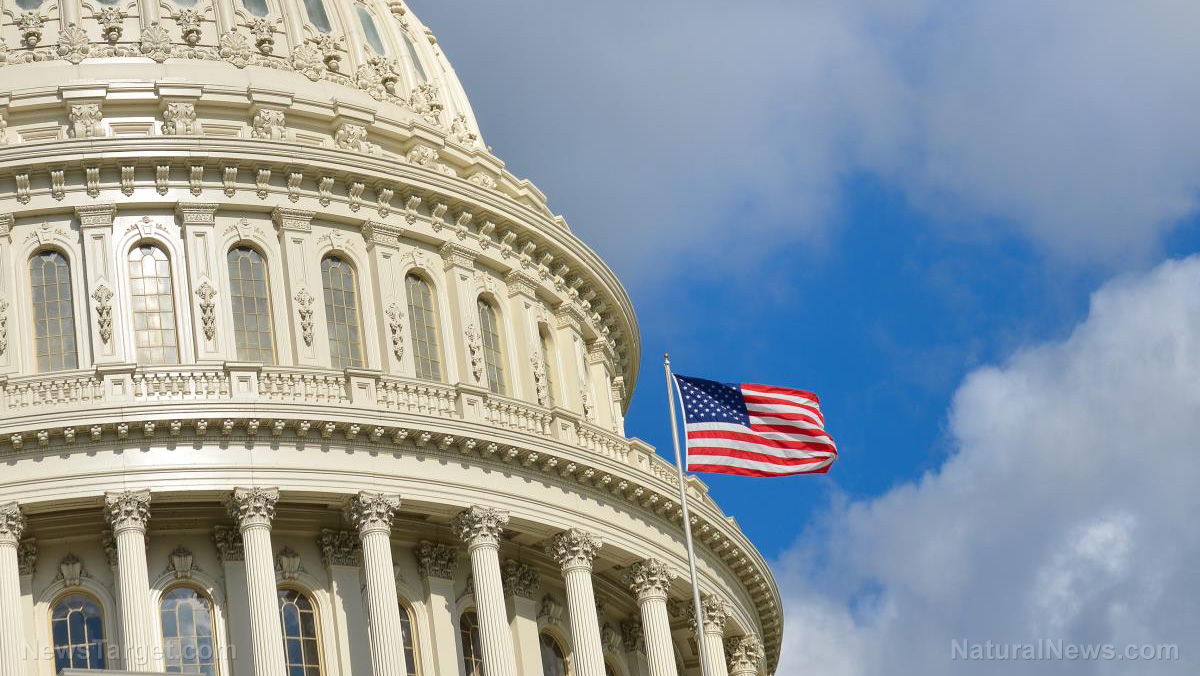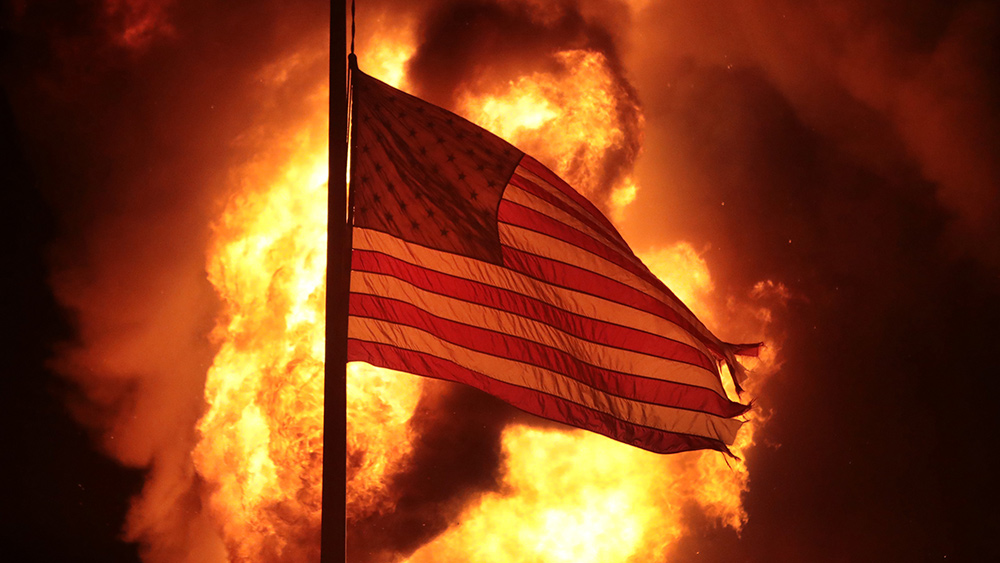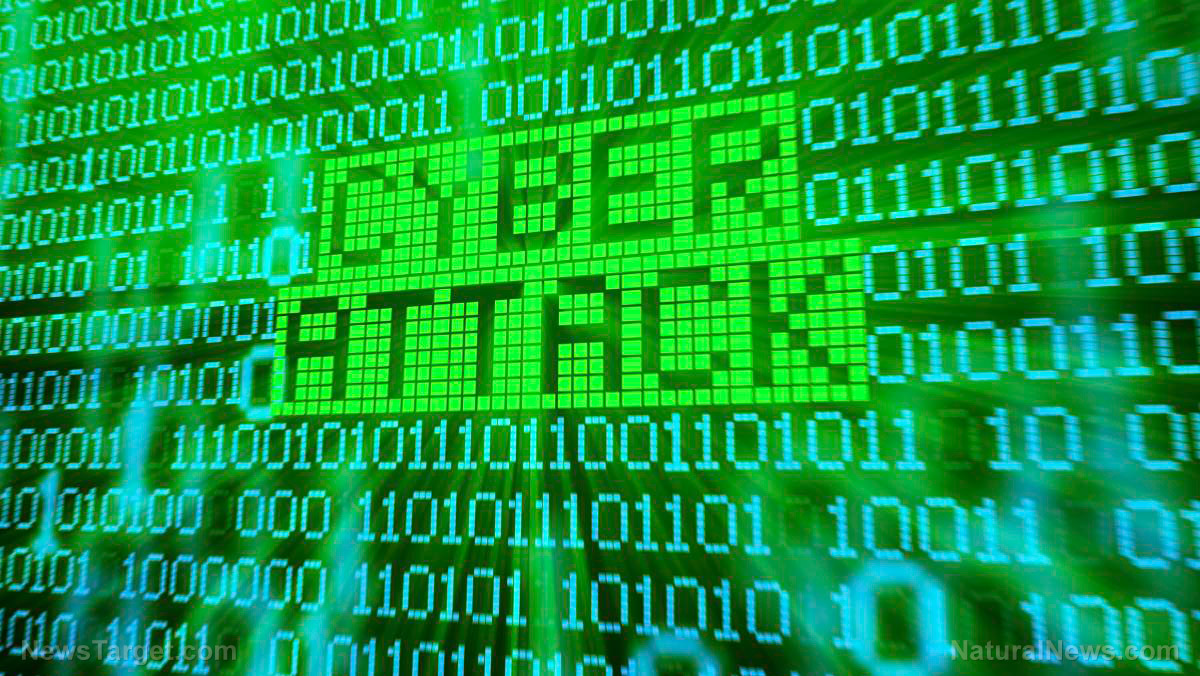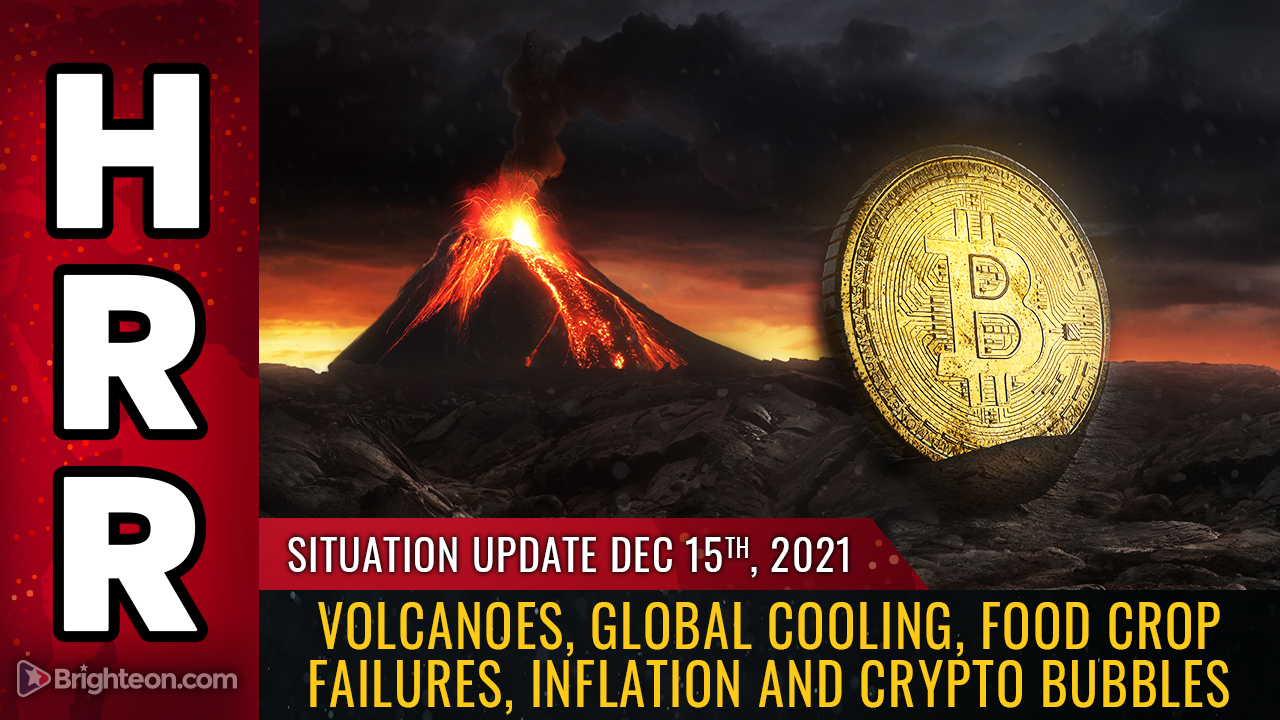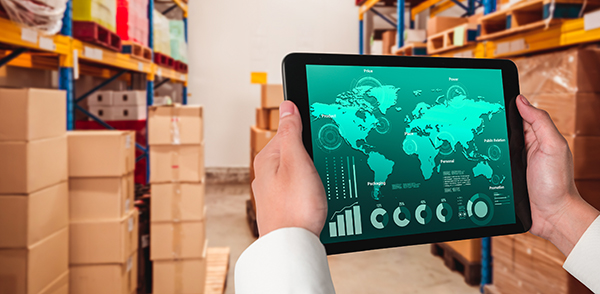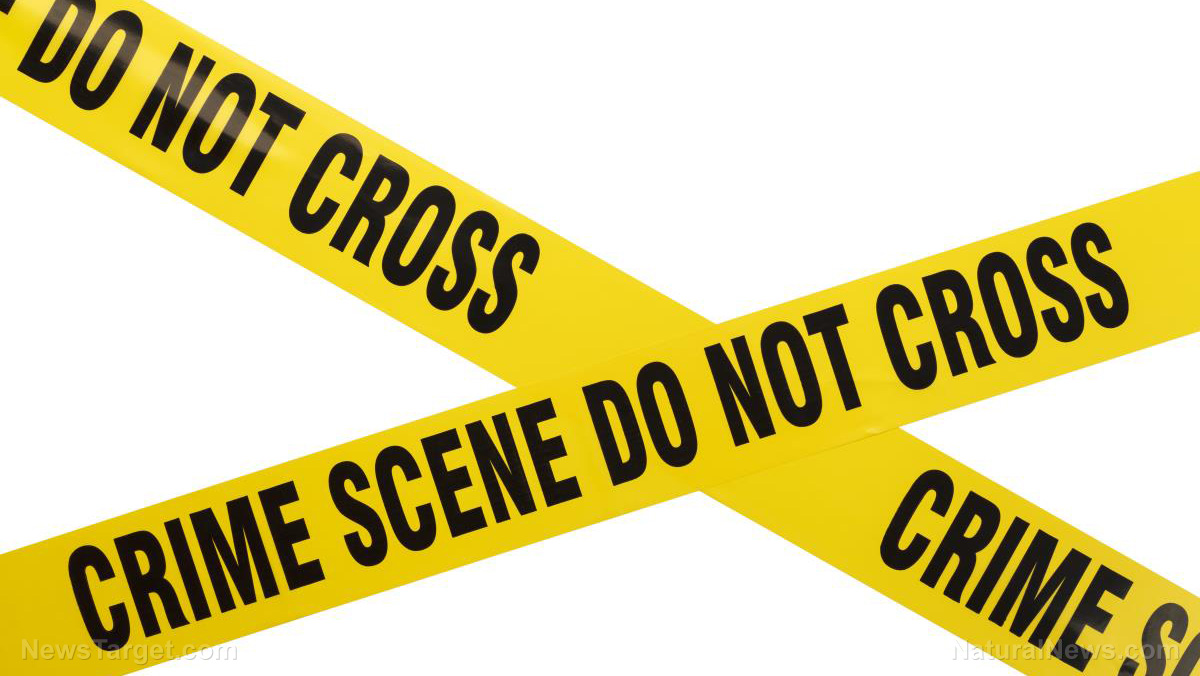Hurricane Ida downs power lines across Louisiana, leaving nearly one million without power… officials say repairs may take up to 3 weeks
09/02/2021 / By Mary Villareal

New Orleans will not have electricity for the next three weeks as Hurricane Ida downed 2,000 miles of power lines across Louisiana. When the storm was at its strongest on Sunday, winds came at 150 mph and picked up just below 157 mph, making it a Category 5 storm — and the fifth-strongest hurricane ever to hit the United States mainland.
Within the first 20 hours, Louisiana saw up to 17 inches of rainfall just west of New Orleans; however, it is expected to rise to a total of 24 inches of rain.
Louisiana officials said that it might take days for utility crews to determine the extent of the damage to the power grid and even longer to restore power to the area. Governor Bel Edwards said that hospitals, especially those overrun with COVID-19 patients, will be prioritized in power restoration. (Related: Hurricane prep checklist: 12 Things to do before hurricane season.)
By 7 a.m. Monday morning, the company said that around 888,000 people were without power in Louisiana as Hurricane Ida snapped cables, damaged buildings and uprooted trees in the state.
Footage of a store being looted was also captured by a drone photographer, with locals being filmed rifling through an ATM and taking drinks. These activities sparked fears of the city being hit by a crime spiral due to prolonged darkness.
The Sewer and Water Board of New Orleans also said that most, if not all of its pumping stations have no power and that it’s relying on generators to keep pumps working to drain stormwater out of the city and keep bringing drinking water in.
Mayor LaToya Cantrell urged people and businesses to share the power they have. “While the power is dependent on generators, I’m calling on all of our people and businesses that have the capacity in the city to be good neighbors – share the power you have, open your businesses with the people to recharge their devices,” he said.
Help from federal government underway
President Joe Biden announced that the federal government sent 200 generators to the affected areas as millions of people remain without power in the wake of the hurricane. He also asked for assistance from the Federal Aviation Administration to authorize the use of drones to assess the damage brought to the energy infrastructure. He added that he ordered the Pentagon and the Department of Homeland Security to make available any satellite imagery that could help assess the extent of the damage.
Moreover, he is activating cooperative cellphone access. This means that if one cellphone carrier loses service, their customers can temporarily switch to another cellphone carrier. This came after AT&T announced that their network had gone down for 40 percent of customers in Louisiana. Combined with power shortages, this could potentially be problematic for hard-hit residents trying to make emergency calls or work from home.
The president told Louisiana and Mississippi mayors and governors that the federal government is ready to provide help when needed. He also said that he expects the death toll to rise as the human cost of the storm begins to emerge.
Residents were asked to refrain from traveling at this time as conditions remain dangerous and can create additional emergencies that could otherwise be prevented. Hundreds of flights were canceled at the Louis Armstrong New Orlean International Airport and those with scheduled flights were asked to make arrangements with their airlines.
Hurricane Ida weakened to a tropical storm as it passed the Mississippi on Monday. However, flood warnings remain in place for Mississippi, Tennessee, and Kentucky as it makes its way northeast through the week. It is expected to weaken further by the time it reaches New England on Thursday.
Get more news and updates regarding the status of Hurricane Ida at ClimateScienceNews.com.
Sources include:
Tagged Under: category 5 hurricane, electricity, hurricane, Hurricane IDA, hurricane season, Louisiana, natural disasters, New Orleans, Power Outage, storm, survival
RECENT NEWS & ARTICLES
COPYRIGHT © 2017 CHAOS NEWS



